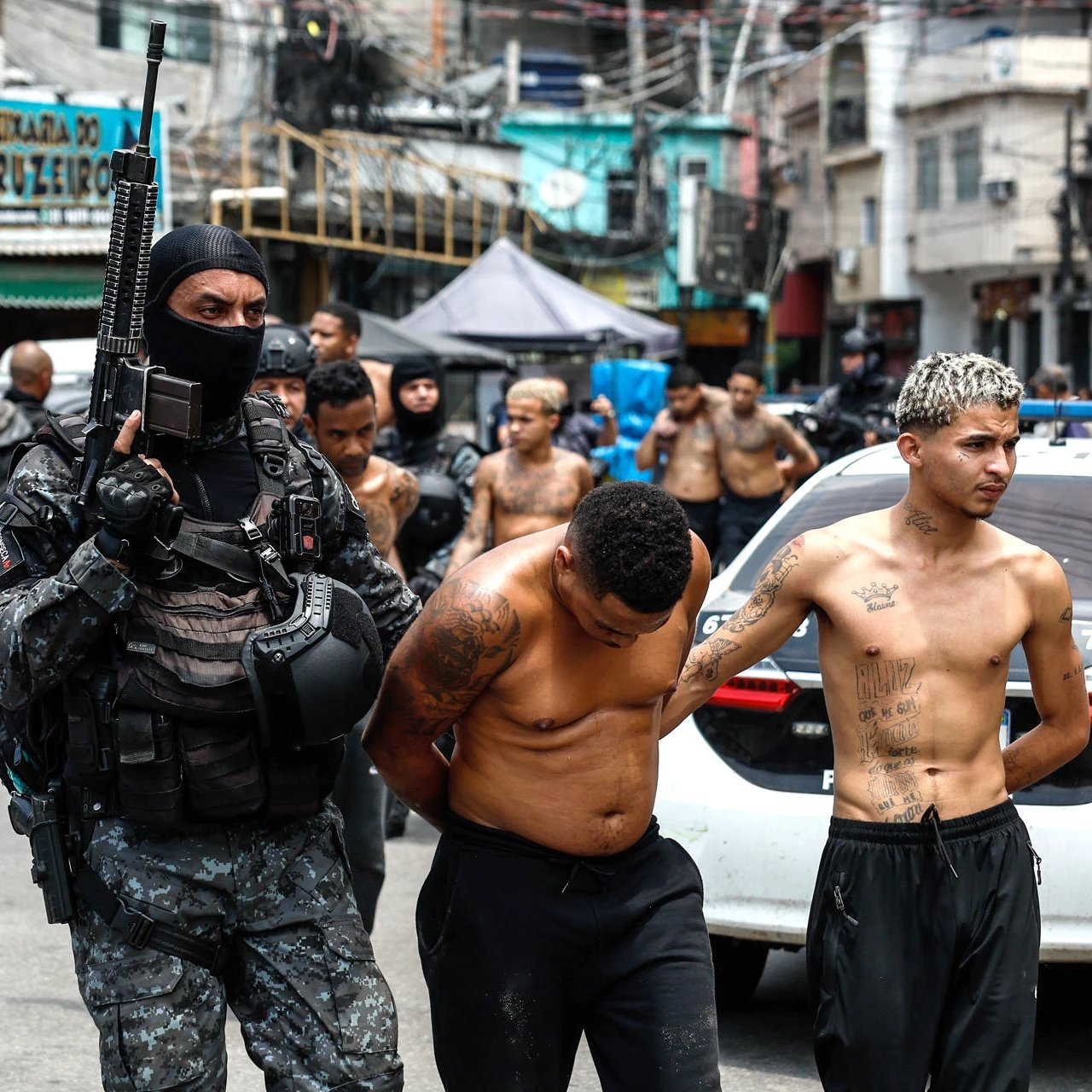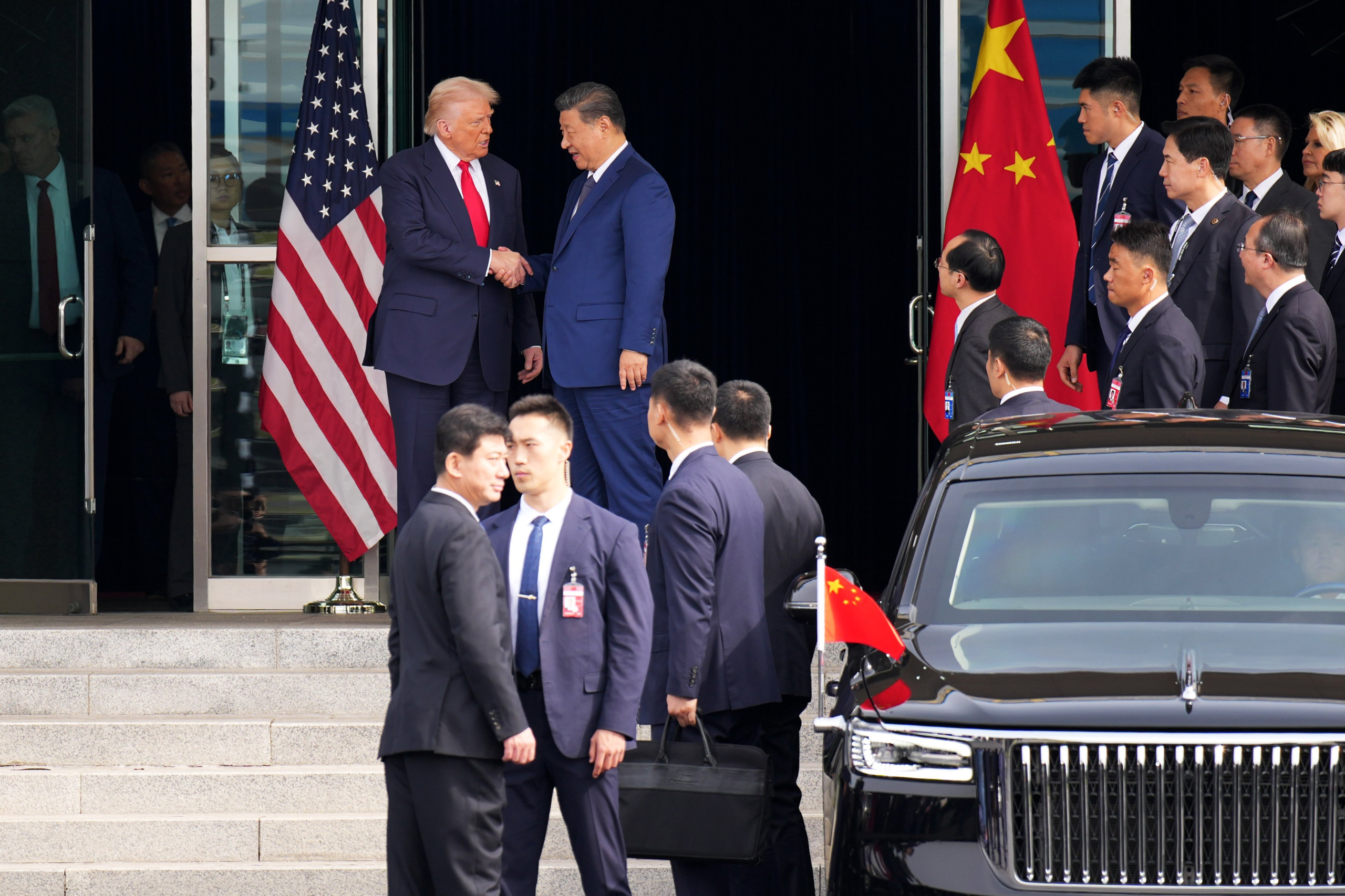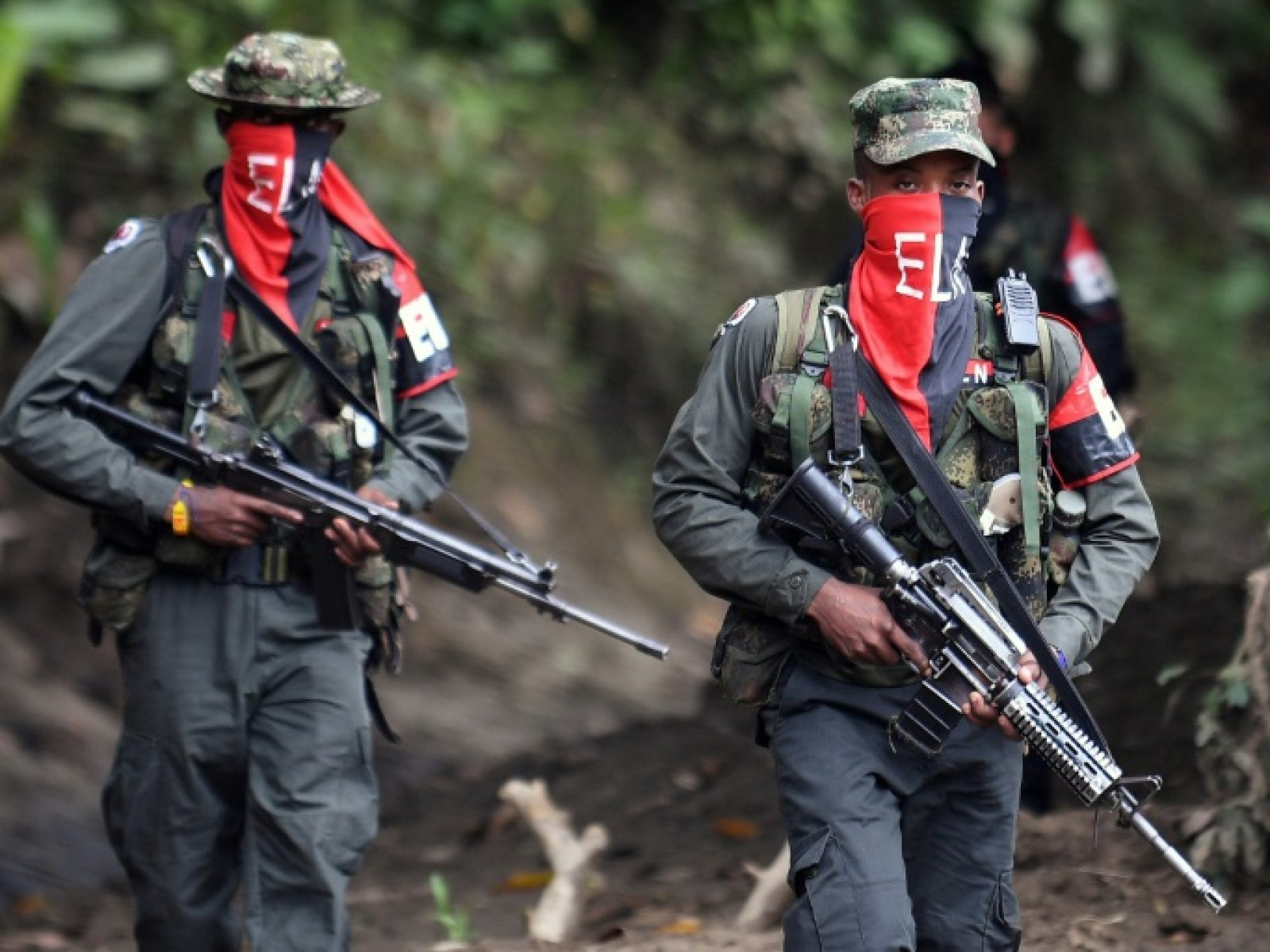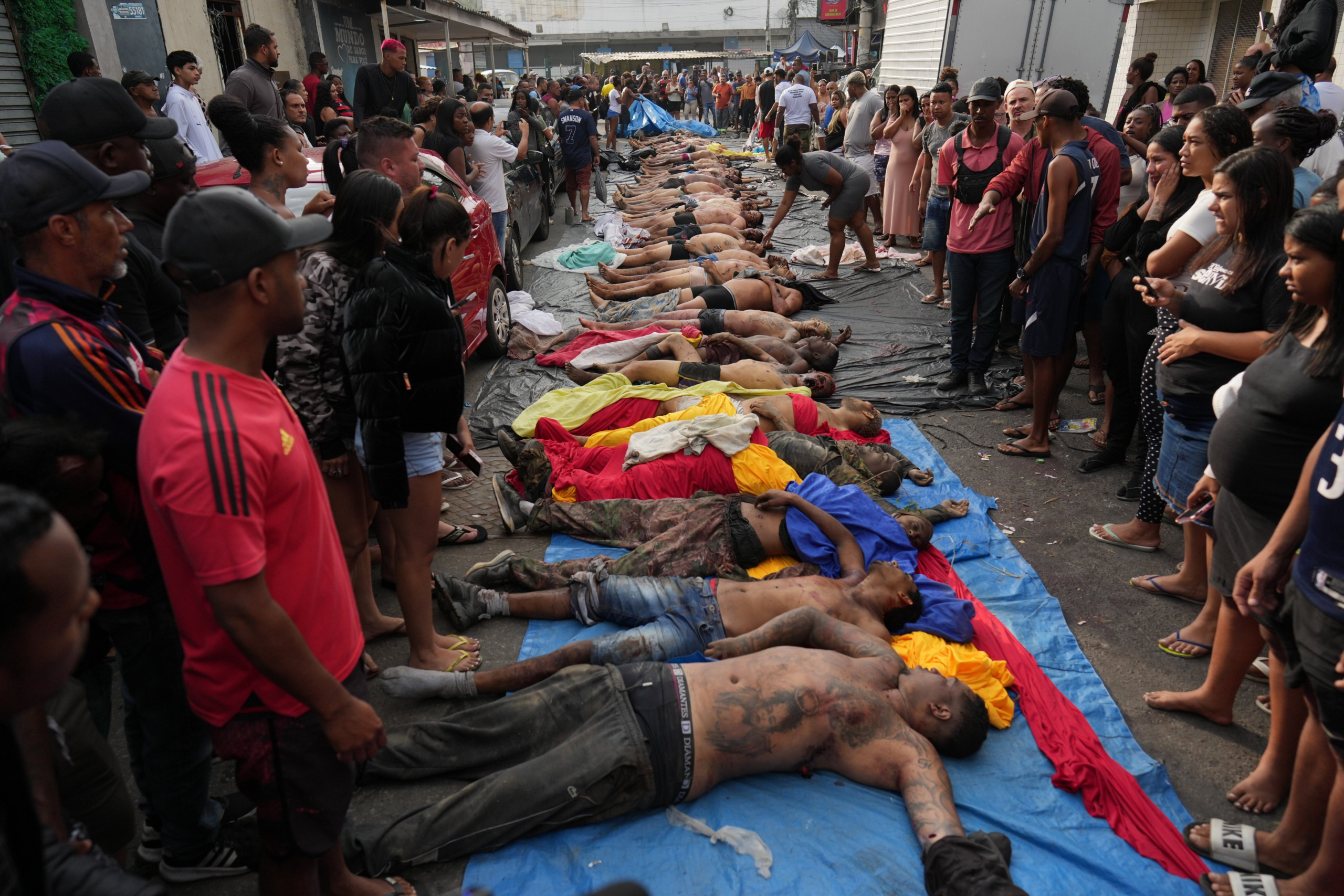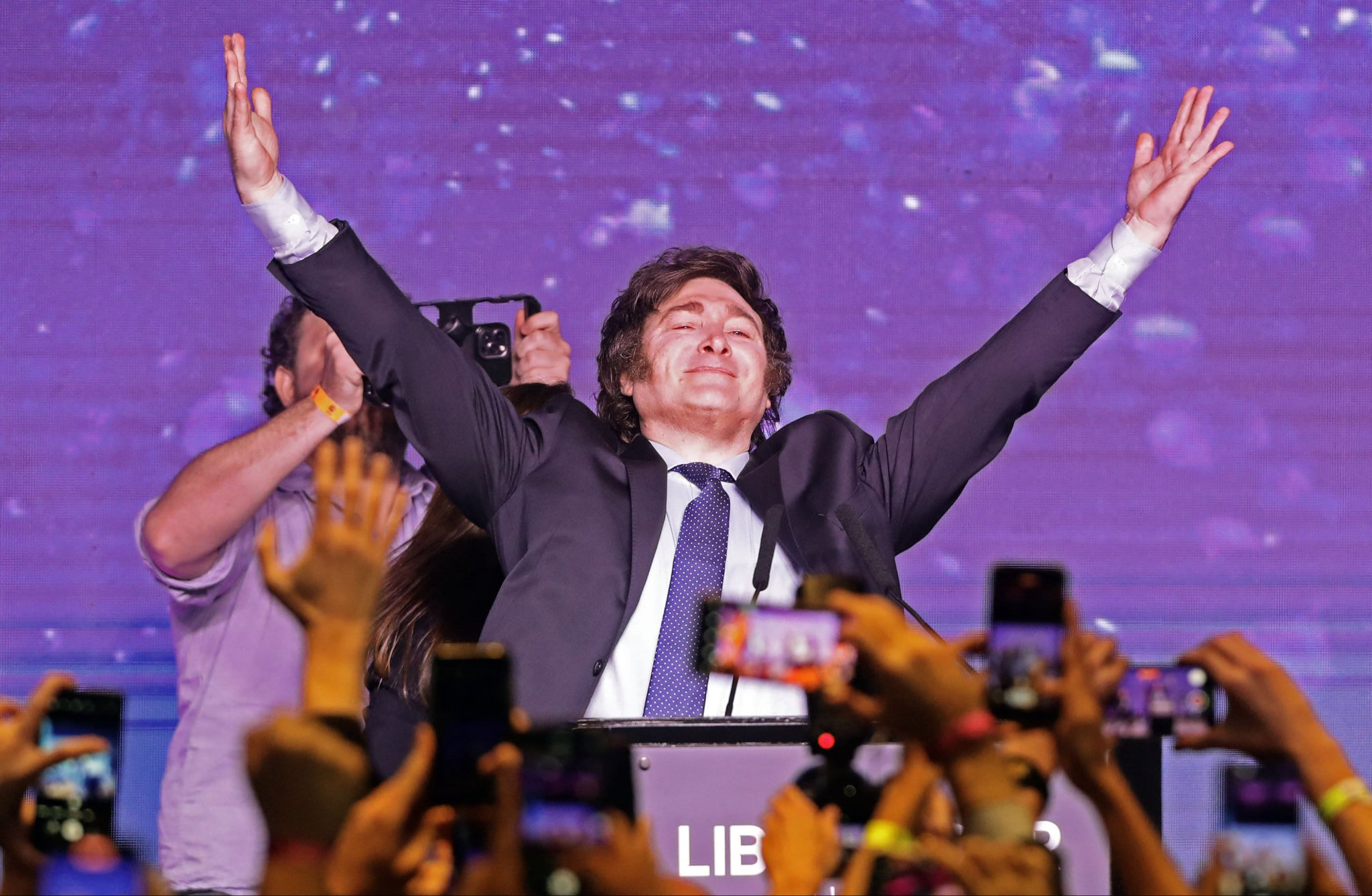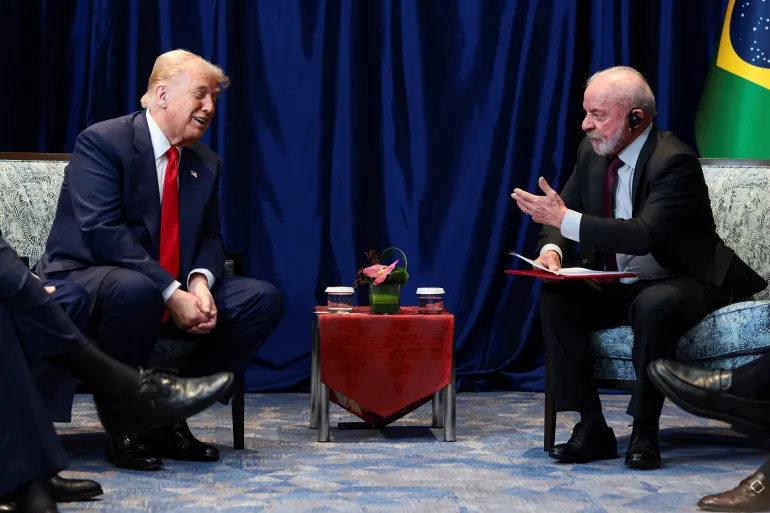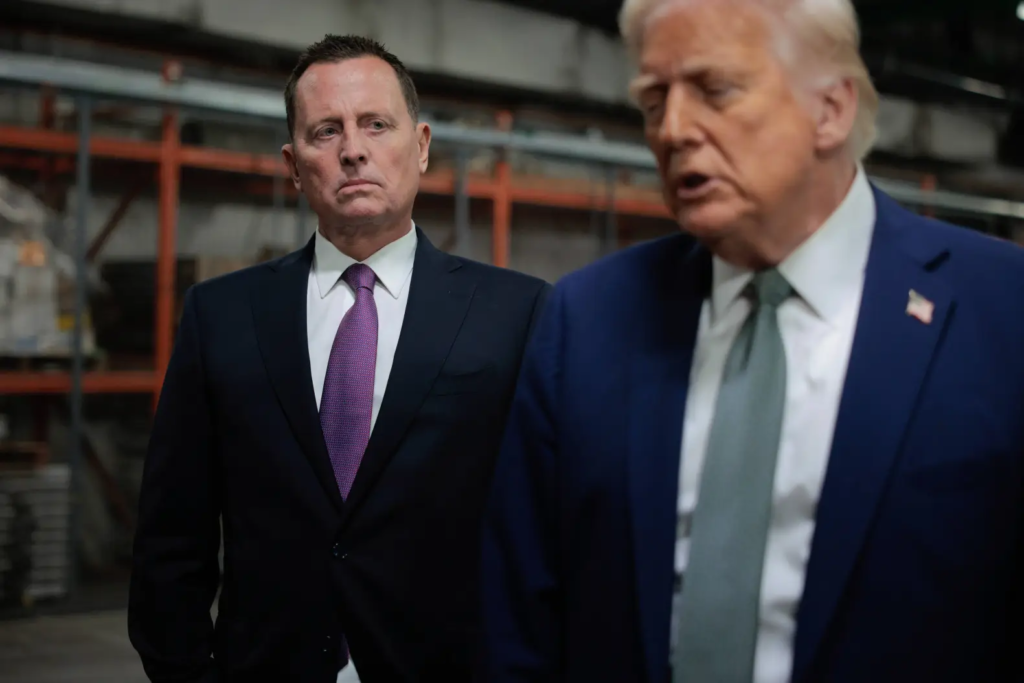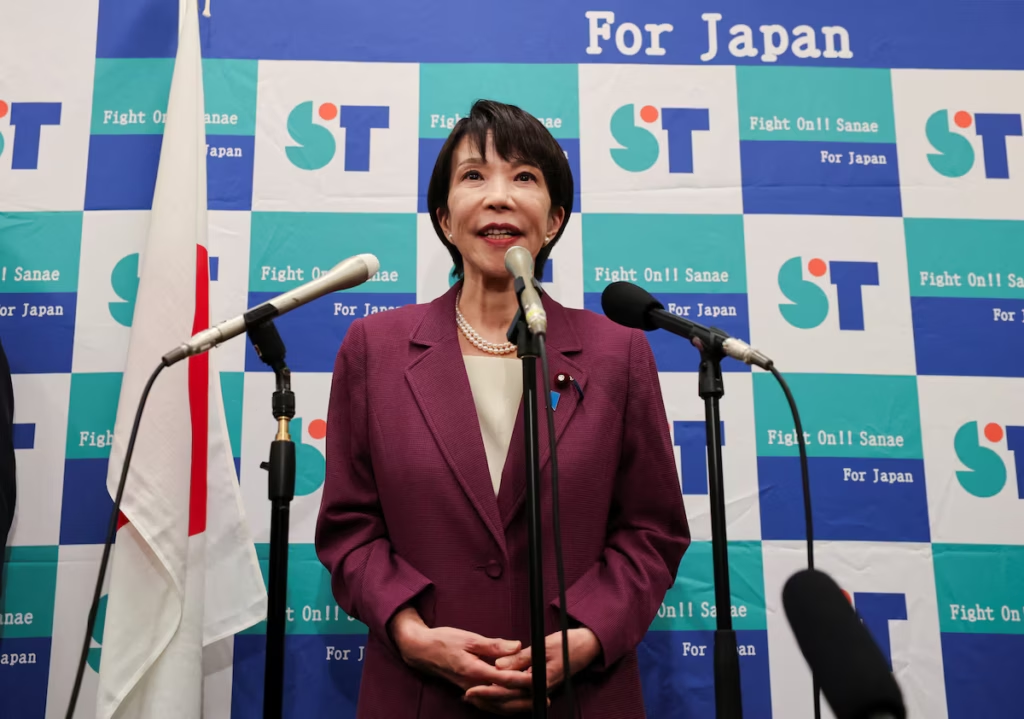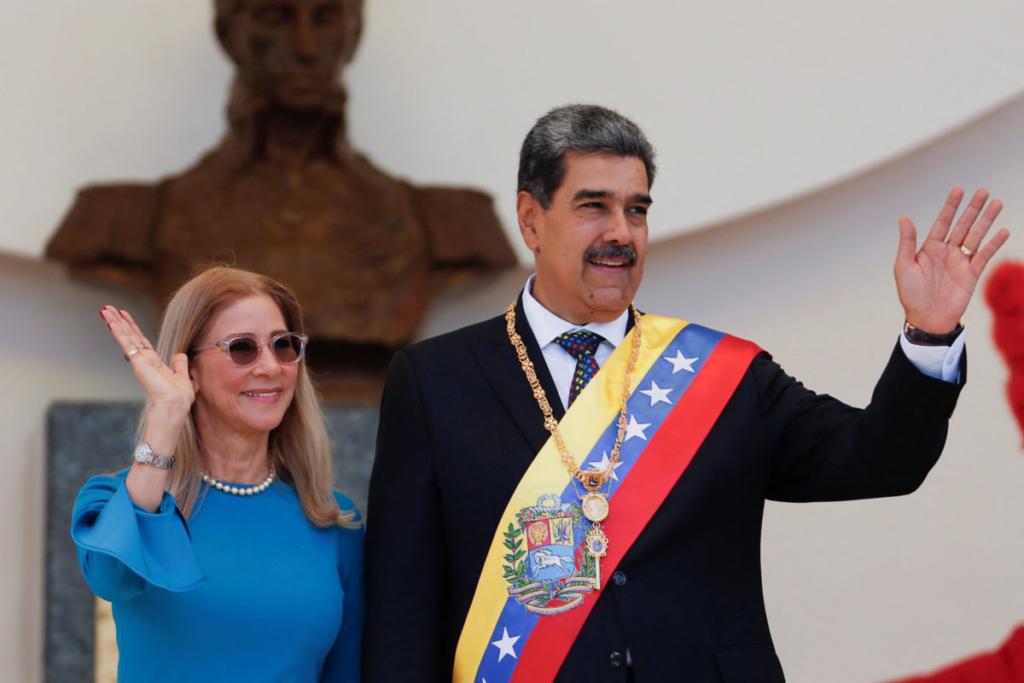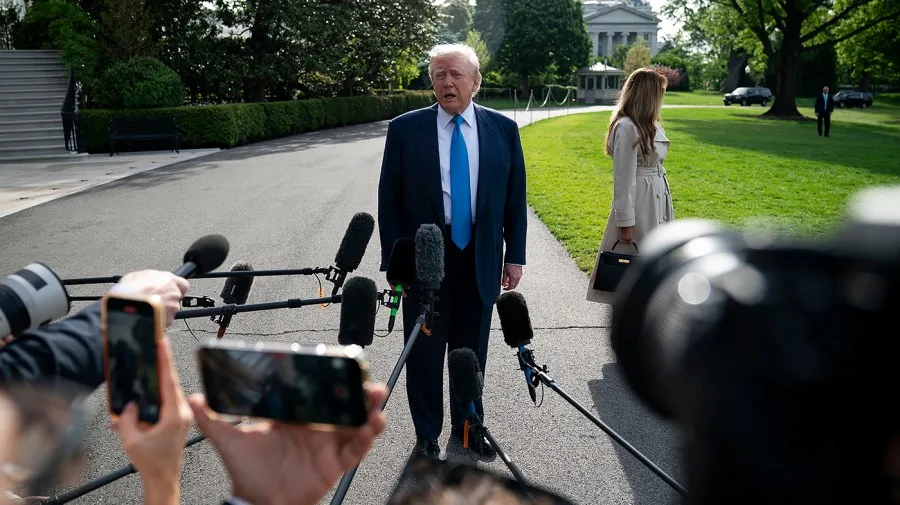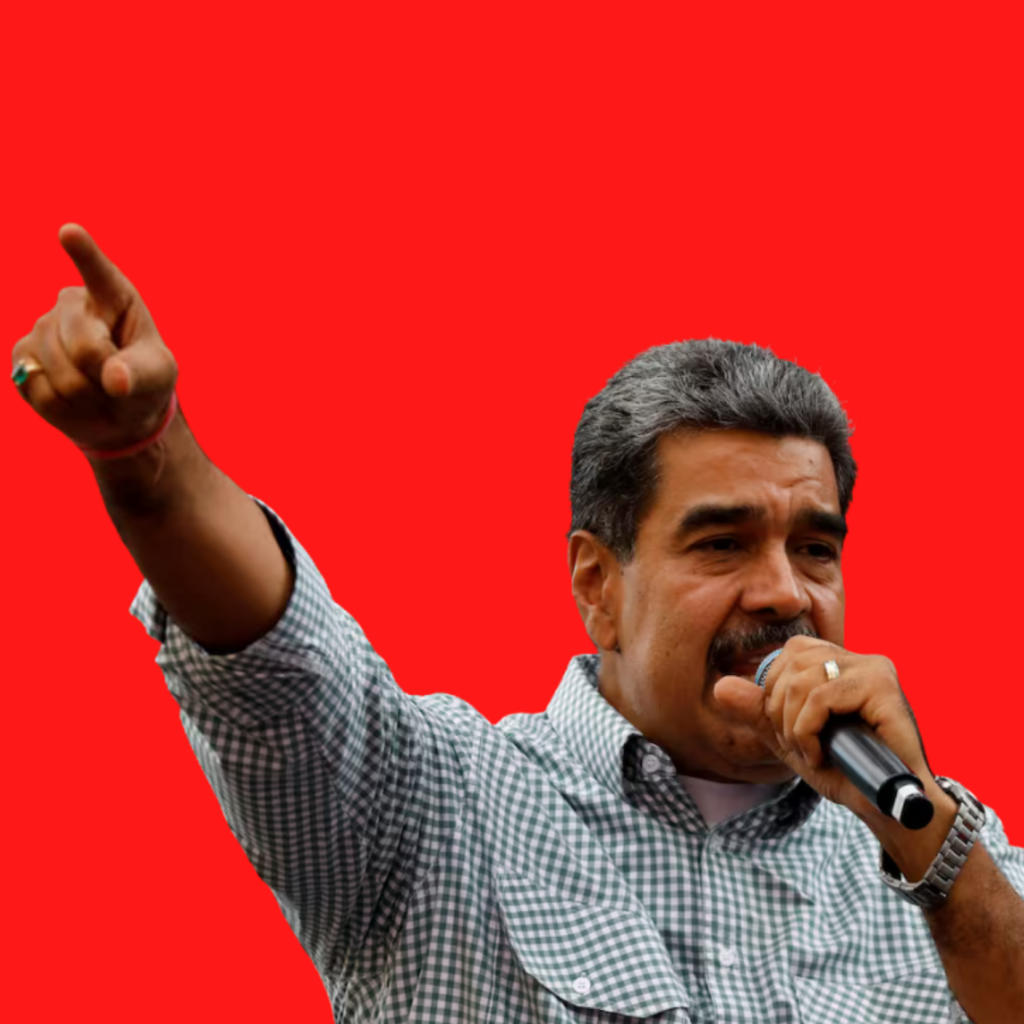In the early morning hours of Tuesday, October 28, a massive anti-drug trafficking operation was launched against the powerful criminal element in the city of Rio de Janeiro (RJ).
It was soon dubbed the deadliest day in Rio’s history after the resulting chaos chalked up at least 64 suspected criminals dead and over 80 apprehended by the state’s security forces.
The operation was launched to serve 51 warrants pertaining to the illicit drug trafficking activities of gang members affiliated with the influential Comando Vermelho (CV), (Red Command), a street gang heavily involved in the drug trade that is extremely active in the region, with authorities attributing the organization with over 70% control over the local drug territory in Rio de Janeiro.
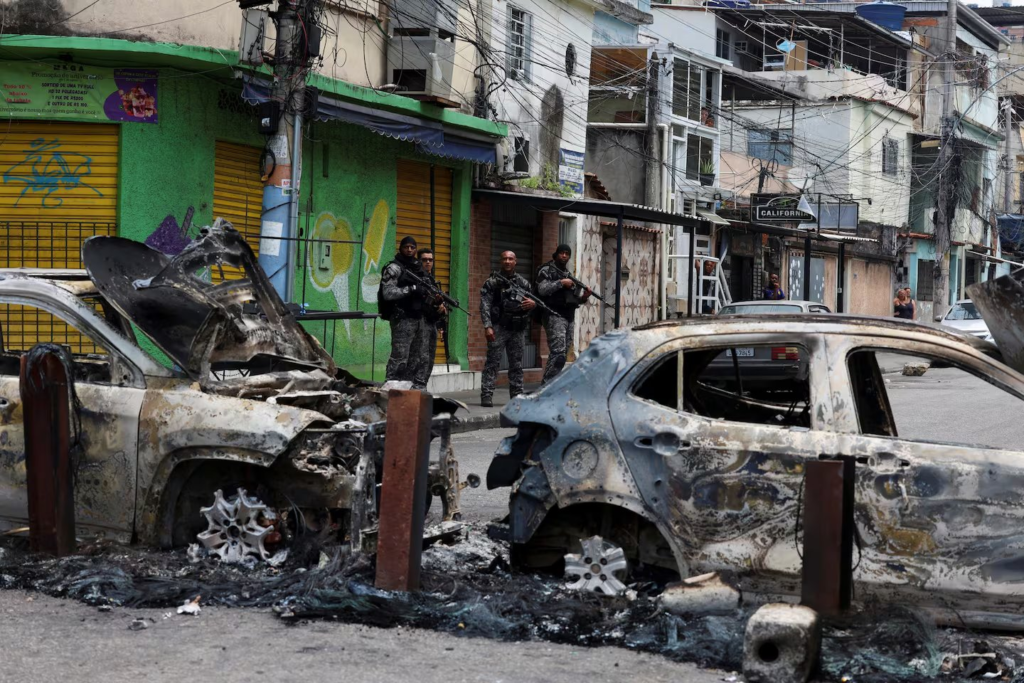
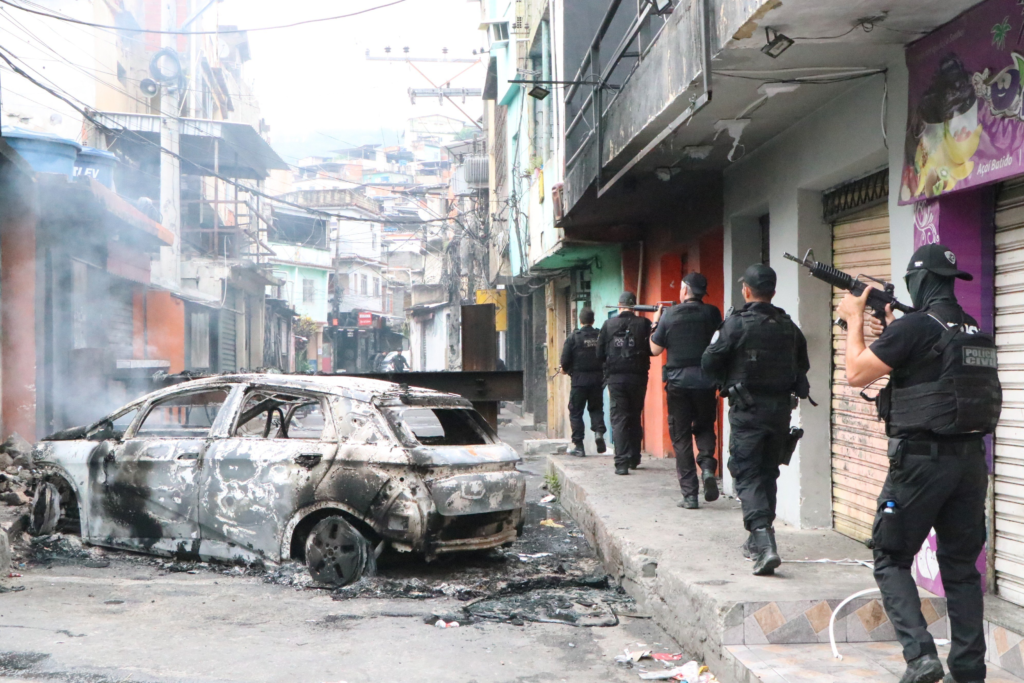
About 2,500 civil and military security forces from the elite B.O.P.E. (Batalhão de Operações Policiais Especiais) units, a highly trained battalion of special operations police, were involved in the operation in the Alemão and Penha complexes in the North Zone of RJ.
Small arms and rapid, automatic rifle fire penetrated the air as state security operators attempted to push through the favela, or neighborhood slums.
Local gang soldiers responded by setting ambushes around narrow street corners, throwing grenades, launching drones and returning automatic fire from AK-47s and AR-style assault rifles.
The CV installed roadblocks with burned-out vehicles to prevent state security forces from entering portions of the district.
Later in the afternoon, a Brazilian news helicopter captured the moments CV members commandeered a pubic passenger bus to block a major roadway to cut off the ingress and egress points connecting the district to hinder police forces from entering the zone.
Criminals took advantage of the mayhem to loot local food stores, but were eventually corralled by police who were attempting to stifle the spread of further civil unrest in Rio de Janeiro.
Thousands of local commuters of the Rio de Janeiro Central do Brasil train station were scrambling, jumping turnstiles to evade the violence and catch the commute before the authorities shut down local transit ways after the regional government declared a state of emergency and implemented a stay-in-place order.
The scenes along the outskirts of RJ were almost apocalyptic.
Resident spectators who witnessed the action said that they had never seen the city like this before, and were concerned that Tuesday’s violence would become a new way of life for RJ’s residents.
All total, at least 64 suspected criminals were announced dead, and over 80 were taken into custody by police. Four civil and military officers were also killed in the fighting.
Among the civil officers killed, one “Marcos Vinicius Cardoso Carvalho, 51, known among colleagues as Máskara, who oversaw the 53rd Police Precinct (Mesquita) and was among the 2,500 officers mobilized in the operation, which sought to contain the territorial advance of the Comando Vermelho (CV) and arrest drug lords from Rio and other states”, according to Brazilian news outlet, Metrópoles.
The second civil officer killed is Rodrigo Velloso Cabral, 34, from the 39th DP (Pavuna).
The two military police officers killed in today’s fighting include Cleiton Serafim Gonçalves and Military Police (PM) Herbert.
They were both members of the Police Operations Battalion (BOPE).
Cláudio Bomfim de Castro, Governor of Rio de Janeiro state since 2021, held a press conference in the afternoon to notify the public of the operation.
Castro said that the state of Rio de Janeiro was left abandoned by the federal government of left-wing President Lula da Silva, and “acted totally alone” in today’s operations.
Castro stated that the state government of Rio had opted not to request support from the federal government prior to Tuesday’s operations on account that three prior requests by the state government of Rio de Janeiro (RJ) had been denied by the Lula government.
Later, Brazil’s Minister of Public Safety Ricardo Lewandowski from the Lula government held a separate press conference unrelated to the operations in Rio, where he denied that the ministry had received any request for support from the Rio governor, adding that Governor Claudio Castro, whose critics label as a “Bolsonarist”, should “declare the incapacity of his government” and allow the federal government to assume control of Rio de Janeiro.

